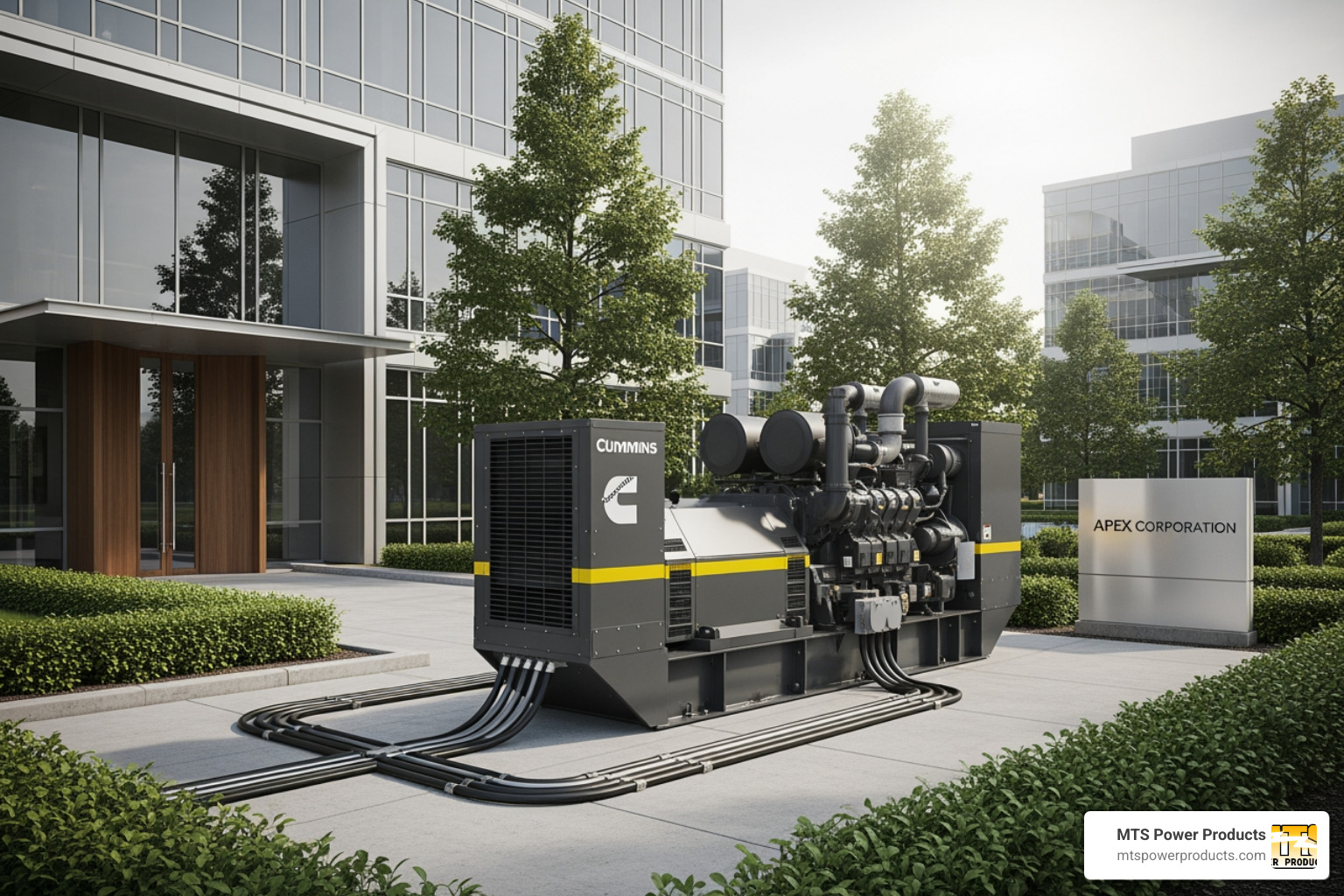
Buy Direct
from the Manufacturer
Sell our Products
Become a Distributor
Discounts
on volume purchases
Visit Us
at our Miami office
from the Manufacturer
Become a Distributor
on volume purchases
at our Miami office
More and more Floridians are choosing to buy house generators to prepare their home or business from natural emergencies and the long term power outages that they cause. In recent years, Americans have seen the damage that natural emergencies, particularly tropical storms and hurricanes, bring in their wake. Purchasing a generator is a safe investment that can keep vital appliances functioning during and after an emergency. Unfortunately, many people will often wait until an emergency occurs to really consider purchasing one.
Instead of trying to get to the local hardware store in the hopes that they even have generators in stock following an emergency, it is a much better idea to be prepared beforehand. A generator can also save business and property owners money in the future, which makes it a valuable investment. There are a number of models, brands, and types of house generators to buy that can make choosing the right one to seem challenging. By following the considerations below you will be able to narrow down the selection and find the right generator for you.
Everything electrical inside a commercial business or residence requires a certain amount of power in order to function. By deciding what is most important such as air conditioning or refrigerators you can calculate what kind of house generator to buy. Different generators are designed to provide different amounts of power. Most experts agree that you should begin with about five-thousand watts for the most important appliances you will need to power during an emergency.
In the case of powering a residential property, there are generally two kinds of generators to purchase that include portable generators and standby generators. Portable generators are available in a number of sizes and generally are designed to be transported. They generally are less expensive when compared to standby generators. However, portable generators have a number of glaring limitations. Portable generators cannot be safely stored in an enclosed space due to the toxic fumes they produce when operating. This is because of the gasoline used to power these portable generators.
Another limitation portable generators have is that they must be covered when it rains in order not to damage the generator and must be manually started. The second type for customers to buy house generators is a home standby generator. Although standby generators are slightly more expensive than portable generators, they offer a number of benefits and conveniences. Residential standby generators are usually designed to run on propane or natural gas and have a power output of 5,000 to 20,000 watts. A standby generator must be permanently installed and can increase the value of a property.
One popular question customers will often ask is whether or not they require a generator transfer switch. The generator transfer switch connects to a circuit panel. An automatic transfer switch allows the generator to automatically turn on when the main power goes out without the need to manually turn the generator on. Experts generally recommend that customers looking to buy house generators should also invest in a transfer switch for its convenience and safety.